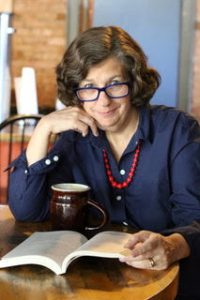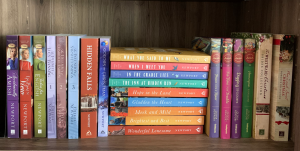 Have we always been fascinated with the lifestyles of the rich?
Have we always been fascinated with the lifestyles of the rich?
I have no doubt that people with wealth can use it for the good of others. Sometimes, though, I swallow hard at the public choices people with a LOT of money make. How much money did Kim Kardashian’s wedding cost for a marriage that was no marriage? Do celebrities or athletes really need to strike because of the injustice of only making $100 million while someone else is making $110 million? Is that really what the world looks like from where they sit?
Still, I confess to wide-eyed moments, wondering not just what it might be like to live a bigger house, but in a mansion. With two pools. And a staff of servants. And a backyard the size of a city park. And hand-cut tile art on the floor and masterpieces on the walls. Behind gates that not just anyone can pass through.
Could I even imagine myself in a place like that? Probably not. (Well, maybe a bigger house. With a front porch.) Recent studies suggest that $75,000 is where happiness levels out. After that amount of yearly income, people generally are not happier.
I suppose the wealthy employ a lot of people in their homes and businesses, and that’s a good thing.
The setting of my new series, Avenue of Dreams, is a wealthy Chicago neighborhood—in the 1890s. Riotously wealthy families provided a lot of jobs in those days, just as they do today. Immigrants dreaming of a better life were glad to have them—just like today.
And the gap between the WAY-more-than-comfortable and the always-struggling-to-get-by is nothing new.
Lucy Banning, the heroine of The Pursuit of Lucy Banning, is the daughter of a privileged family, but is she content to turn her head at the struggles of the people her parents employ? Is she content to settle into the life mapped out for her because she’s a woman of means?
Lucy is not looking for the easy life. She’s looking for one that matters. I hope her story will challenge you to do the same.





Your story sounds great, Olivia. I like the fact that you’re willing to tackle the subject of affluence. I look forward to reading Lucy’s tale and see the lessons she learns.
As a long-time teacher’s wife who was a stay-at-home mom, my hubby and I learned to live on less. We have a small house, old vehicles, and don’t spend more than is coming in. What we’ve learned is that our contentment doesn’t come from things. We’re happy with what we have and realize we in the US are incredibly blessed compared to many in the world around us.